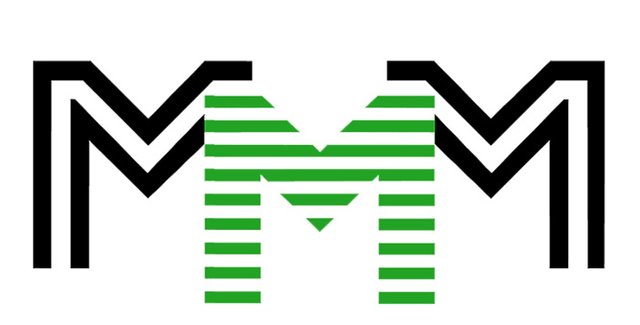Bitcoin’s rise in African markets is driven by an old Russian ponzi scheme
“Welcome to the System! Together we will change the world!”These are the words I found scrawled at the bottom of a web page, right next to a picture of Sergei Mavrodi, a convicted Russian fraudster infamous for operating Mavrodi Mundial Moneybox (or MMM), one of the world’s largest ponzi schemes.Two decades after MMM was shut down, the organization reemerged under new branding, as a technology-driven “financial mutual-aid network” that uses Bitcoin to provide its members up to 100% returns on their contributions. If MMM’s participation numbers are to be believed—they claim to have over 200 million participants—they may be one of the biggest drivers of Bitcoin adoption in the world today, especially in low-income areas.Cryptocurrency experts have touted the potential for their tech to transform the lives of some of the world’s most vulnerable populations: refugees, the unbanked, those living on less than a dollar a day. Yet the story of Bitcoin’s social impact is more complicated than the headlines portray. Examples like MMM suggest that Bitcoin may not be an unalloyed good for the developing world, and that we need to reexamine the idea that new technologies will singularly lead to decreases in human suffering.
Social trust

I first heard of MMM on a hot afternoon in portharcourt in 2016, when a friend’s parents sat me down on their living room couch to ask me whether or not they should join a bitcoin charity at church. A friend from their congregation had invited them to contribute funds, promising that their donations would not only help others, but would also give them access to more financial support in the future.They didn’t know exactly how it would work, but it had something to do with investing in Bitcoin. As the former head of social innovation for MIT’s Digital Currency Initiative, I was the person they sought out to advise them on whether or not this Bitcoin thing was a good idea. It wasn’t. MMM’s pitch had followed a familiar script, one that promised easy riches with the help of magical new technology.Over the last two years, MMM has expanded rapidly around the globe, mostly to countries in the global South (i.e. Kenya, India, Colombia, Philippines). The scheme associates itself closely with Bitcoin in its marketing materials, explaining that “MMM and Bitcoin have similar ideologies: they strive to defeat the social inequalities, to free people from banks, and to make the world fairer.”Echoing the anarchist-tinged rhetoric so frequently found in cryptocurrency chat forums, MMM claims,
SOURCE
https://qz.com/1100886/bitcoin-in-africa-is-driven-by-mmm-mavrodi-ponzi-scheme/
The blast from the past, MMM was all over to when I was growing up in ussr , then newly formed Russia after collapse of ussr. During that time legislation did not cover everything in the country and a lot of new stuff coming in was not regulated. The privatisation in Russia created overnight tycoons, all of the country assets divided into shares and people used to swap them for bottle of vodka, bread or pennies. I remember well how my mother "invested" in MMM, dreams of 100% overnight, it couldn't go wrong could it.
So I can say I witnessed a phenomenon MMM with my own eyes.
Scandalous, rich became richer, poor even poorer.
I'm going to see if I can find that MMM SHARE PAPER.
Thanks for reading.
Congratulations @japfive! You have completed some achievement on Steemit and have been rewarded with new badge(s) :
Click on any badge to view your own Board of Honor on SteemitBoard.
For more information about SteemitBoard, click here
If you no longer want to receive notifications, reply to this comment with the word
STOP